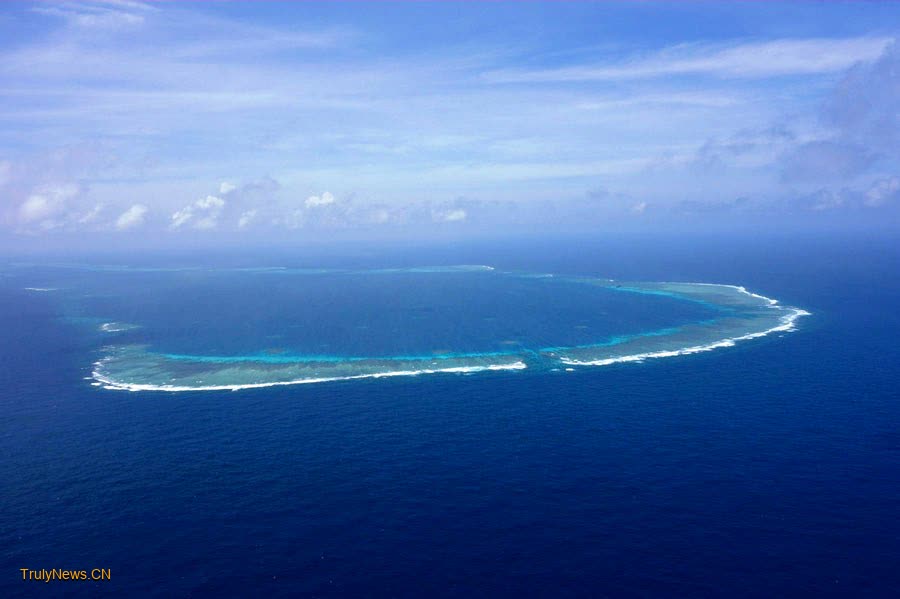
The Chinese government has always exercised restraint in handling its disputes with other countries in the South China Sea, advocating dialogue and negotiation to resolve differences.
However, this should not be interpreted as a weakness, or a sign that China will choose to back down when it comes to its sovereignty, territorial integrity and core interests. China will decisively take measures to counter provocative activities that undermine its territorial integrity or maritime rights and interests. That is why China released on Sunday the baselines for the territorial sea adjacent to Huangyan Island in the South China Sea in a bid to counter infringements by the Philippines.
In a solemn representation filed on Wednesday to the Philippine Foreign Ministry regarding Manila’s signing of the “Philippine Maritime Zones Act “and the “Philippine Archipelagic Sea Lanes Act”, Chinese Ambassador to the Philippines Huang Xilian stated China’s stance on Huangyan Island and territorial waters. He called it a necessary response to the Philippines’ provocations and the Chinese government’s normal move to strengthen maritime management in accordance with international law and practice.
The Chinese People’s Liberation Army also announced on Wednesday that it started conducting combat readiness patrols in the territorial waters and airspace of China’s Huangyan Island and its surrounding areas. That the PLA Navy and PLA Air Force conducted the action on the same day the Chinese ambassador made the representation to the Philippine side demonstrates China’s determination to safeguard its maritime rights and interests in the South China Sea.
Huangyan Island has been a traditional fishing ground for Chinese fishermen and an inalienable part of China’s territory since ancient times. A large number of historical documents and maps clearly show Huangyan Island as belonging to China, which is enough to prove that China has indisputable sovereignty over it.
The Philippines’ claim on the island, on the ground that it is closer to its coastline than to the Chinese mainland, is ridiculous and does not hold water. Any attempt by the Philippines to add the island to its territory is futile and also contradicts the basic principles of international law. Such actions are violations of China’s sovereignty and territorial integrity and will only exacerbate tensions in the waters.
Also, there is always the shadow of countries outside the region in Manila’s provocative actions in the South China Sea. Beijing has always been committed to the peaceful settlement of the dispute. The Philippines should not abuse China’s sincerity and goodwill, and should stop acting as a pawn of certain external powers in their China-containment strategy. That will ultimately harm Manila’s own interests.